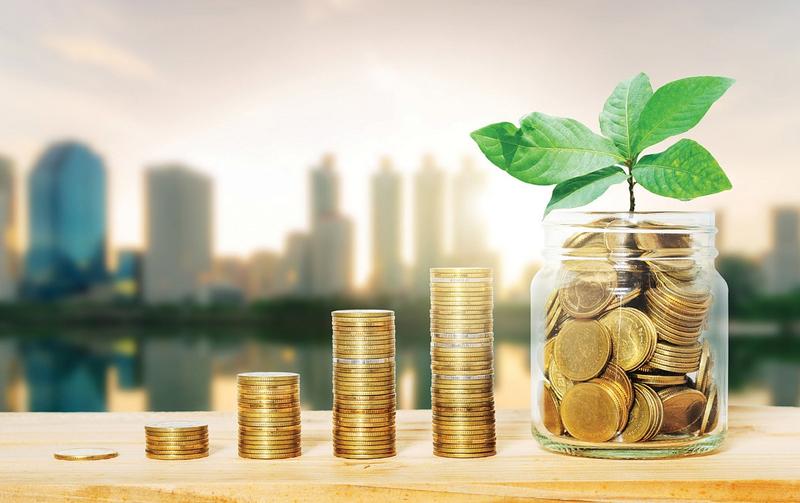Green bonds to play vital role in nation's pursuit of dual carbon goals


China's economy has shifted from a stage of high-speed growth to high-quality development. The "dual carbon" targets demonstrate China's commitment as a major economy and its determination to participate in global governance, reflecting that green economic transformation is expected to be increasingly visible in the coming years. The industrial opportunities and funding gaps brought by China's green transformation will increase the need for green projects, setting higher standards for green finance development. Green bonds are actively traded products in financial markets, and attract market-oriented institutions to invest in such products. At the same time they help build a better green credit system so as to support China's economic transformation toward high-quality development.
In 2021, the macroeconomic environment for bond investments saw significant changes. High-quality development brought more investment opportunities in the fixed income market, attracting more attention from investors. Both onshore and offshore investors are becoming increasingly interested in ESG themes. ESG-related fixed income investment opportunities fit well with China's high-quality development strategy and are becoming a long-term active investment strategy. These investment opportunities are effectively leading investors to finance projects that are environmentally friendly, socially harmonious and appropriately governed. By integrating a nonfinancial factor-ESG ratings-into the current credit rating system, traditional investment philosophy becomes more sophisticated and will bring profound changes to the fundamentals of bond investing.
Green bonds as a crucial part of ESG investment instruments integrate long-term active investment concepts and highlight effective investment in companies or projects with environmentally and climate-friendly features. In the long run, these companies will incur lower costs and receive more government support, thereby creating more economic value.
We can already see premiums from green bonds and better-than-expected performance. Globally, capital markets were significantly shaken by COVID-19 in the first quarter of 2020. Compared with general corporate bond indices, the decline in ESG-related indices has not been as sharp as that in other bond indices. Looking at yield curves in 2020, the Barclays MSCI Global Green Bond Index and the Barclays MSCI Global Corporate Bond ESG Weighted Index returns were 12.7 percent and 10.6 percent, respectively, higher than the yields for the Barclays Global Aggregate Index over the same period.
As China's economy enters a stage of high-quality development, more opportunities for the development of green bonds are emerging. On the issuing side, regulatory policies supporting green bond issuances have been implemented, enriching the variety of green bond products. Wind Data said the issuance volume of green bonds in China's bond market stood at 803.38 billion yuan ($126.64 billion) in 2021. Bonds with a carbon neutrality theme will keep pushing forward the development and expansion of China's green bond market as well as further bridge China's green definition with global standards. On the investment side, the People's Bank of China, the country's central bank, included green business in assessments of financial institutions in 2021, rapidly driving up investment in green bonds by large banks and green funds.
The green bond investment infrastructure needs further improvement. Public disclosure is the main channel for bond investors to access corporate information. From the perspective of facilitating investment research, China needs to establish universal standards for green bond information disclosure. It is acceptable to add standardized green-related information or ESG disclosures in corporate annual reports and use audits to make sure the disclosed information is authentic and accurate.
Moreover, as green bond investment has higher barriers to entry, it is recommended to take green bonds as a starting point to encourage the bond index investment concept and create more products so that financial dividends generated by the green transformation of China's economy are more easily accessible. Derivatives trading based on green bonds is also encouraged, and efforts should be made to let green bonds become the core asset meeting the needs of bond investors across the globe.
The writer is head of CICC FICC Global Credit Group, managing director.
The views don't necessarily reflect those of China Daily.




































